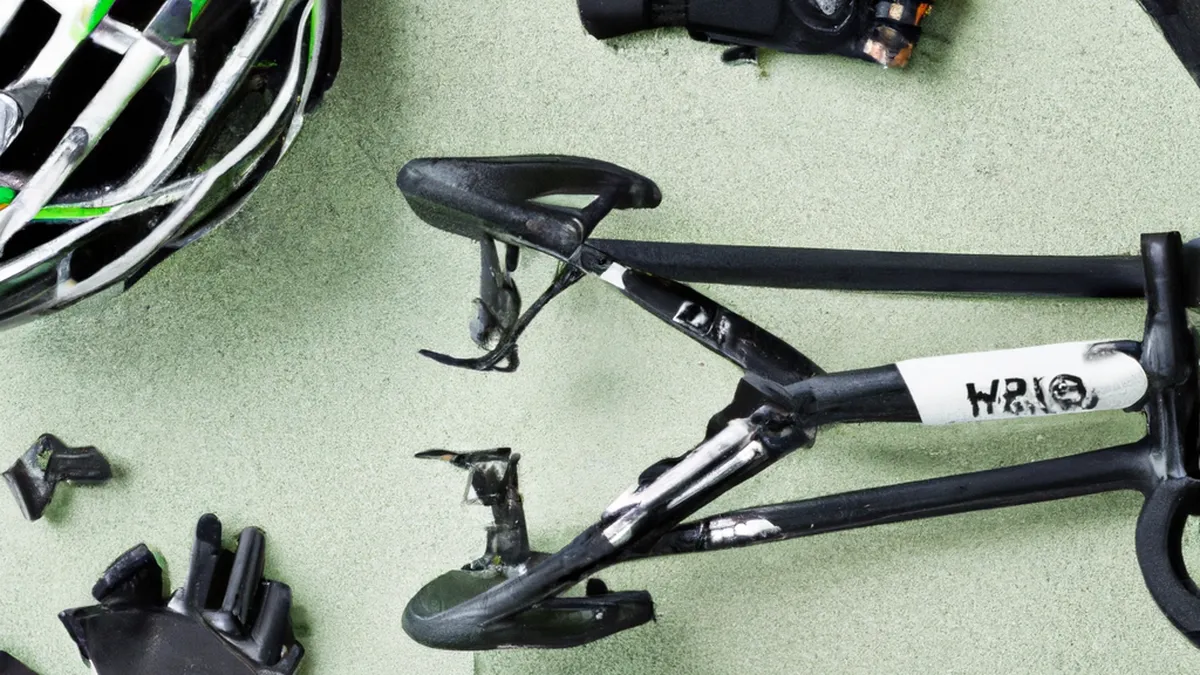7 Prehab Exercises for HIIT (Beginners)
Prehabilitation Exercises to Prevent HIIT-Related InjuriesHigh-Intensity Interval Training (HIIT) provides many benefits. It boosts endurance, burns calories, and enhances fitness. However, HIIT’s intensity can cause injuries without caution. Prehabilitation exercises can prevent these injuries. Let’s prepare your body for safe HIIT workouts.
As an Amazon Associate I earn from qualifying purchases.
Gear tip: consider bike helmet, cycling shoes, and bike computer to support this topic.
Understanding Prehabilitation
Prehabilitation prepares your body for physical activity. It involves targeted exercises that strengthen muscles and improve flexibility. Incorporating prehabilitation into your routine reduces injury risk during HIIT.
The Importance of Warm-Up
A proper warm-up is crucial. It increases blood flow to muscles and enhances flexibility. It also prepares your body for HIIT’s intensity. Start with light aerobic exercises like jogging or cycling for 5 to 10 minutes.
Dynamic Stretching
Dynamic stretching is essential for prehabilitation. Unlike static stretching, dynamic stretches involve movement. These exercises improve range of motion and activate muscles for HIIT. Include leg swings, arm circles, and walking lunges in your warm-up routine.
Key Prehabilitation Exercises
Focus on strengthening key muscle groups to prevent injuries during HIIT. Here are some effective prehabilitation exercises:
1. Glute Bridges
Glute bridges strengthen glutes and lower back. These muscles maintain proper form during HIIT. To perform a glute bridge, lie on your back with knees bent. Push through your heels to lift your hips toward the ceiling. Hold briefly, then lower back down. Aim for three sets of 10-15 repetitions.
2. Plank Variations
Planks target your core, essential for stability during HIIT. Start with a standard plank on your forearms and toes. Keep your body in a straight line from head to heels. Hold for 30 seconds, increasing duration as you build strength. Try side planks to engage your obliques.
3. Single-Leg Deadlifts
Single-leg deadlifts improve balance and strengthen hamstrings and glutes. Stand on one leg while holding a weight in the opposite hand. Hinge at your hips, lowering the weight toward the ground. Return to standing and repeat for 10-12 repetitions on each side.
Additional Tips for Injury Prevention
Follow these tips to reduce injury risk during HIIT:
Proper Form
Always prioritize proper form over speed. Poor form can cause injuries. Execute each movement correctly, even if it means slowing down. Consider working with a trainer for guidance if unsure.
Listen to Your Body
Pay attention to your body’s signals. Stop immediately if an exercise causes pain. Pushing through pain can lead to injuries. Modify exercises or rest as needed.
Gradual Progression
Increase HIIT intensity gradually. Start with lower intensity and shorter intervals. As your fitness improves, add challenging exercises and longer intervals. Gradual progression helps your body adapt and reduces injury risk.
Benefits of Prehabilitation
Incorporating prehabilitation exercises offers several benefits. First, it strengthens key muscle groups and improves stability. Second, it enhances flexibility for better movement during HIIT. Third, prehabilitation increases body awareness, improving form and reducing injury risk.Engaging in prehabilitation exercises boosts your confidence. You will feel more prepared during HIIT sessions. This confidence leads to better performance and more enjoyment of workouts.
Conclusion
Prehabilitation exercises prevent HIIT-related injuries. Warm up properly, strengthen key muscle groups, and follow injury prevention tips. Listen to your body and progress gradually. With the right preparation, unlock your full potential in HIIT while minimizing injury risk. Start incorporating these exercises today for safer, more effective workouts.
Below are related products based on this post:
FAQ
What are prehabilitation exercises?
Prehabilitation exercises are targeted movements designed to prepare your body for physical activity. They strengthen muscles and improve flexibility, which helps reduce the risk of injuries during high-intensity workouts like HIIT.
Why is warming up important before HIIT?
A proper warm-up is crucial as it increases blood flow to muscles and enhances flexibility. It prepares your body for the intensity of HIIT, helping to prevent injuries and improve overall performance.
How can I prevent injuries during HIIT workouts?
To prevent injuries during HIIT, prioritize proper form, listen to your body’s signals, and progress gradually. Always execute movements correctly, and modify exercises if you experience pain, ensuring a safer workout experience.















Post Comment